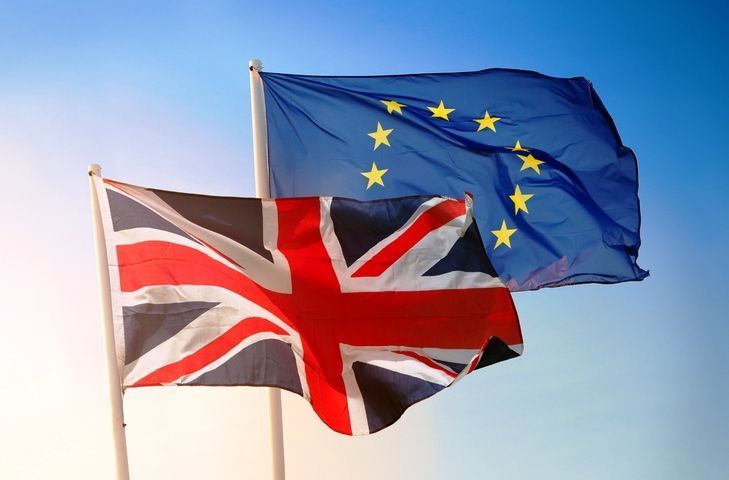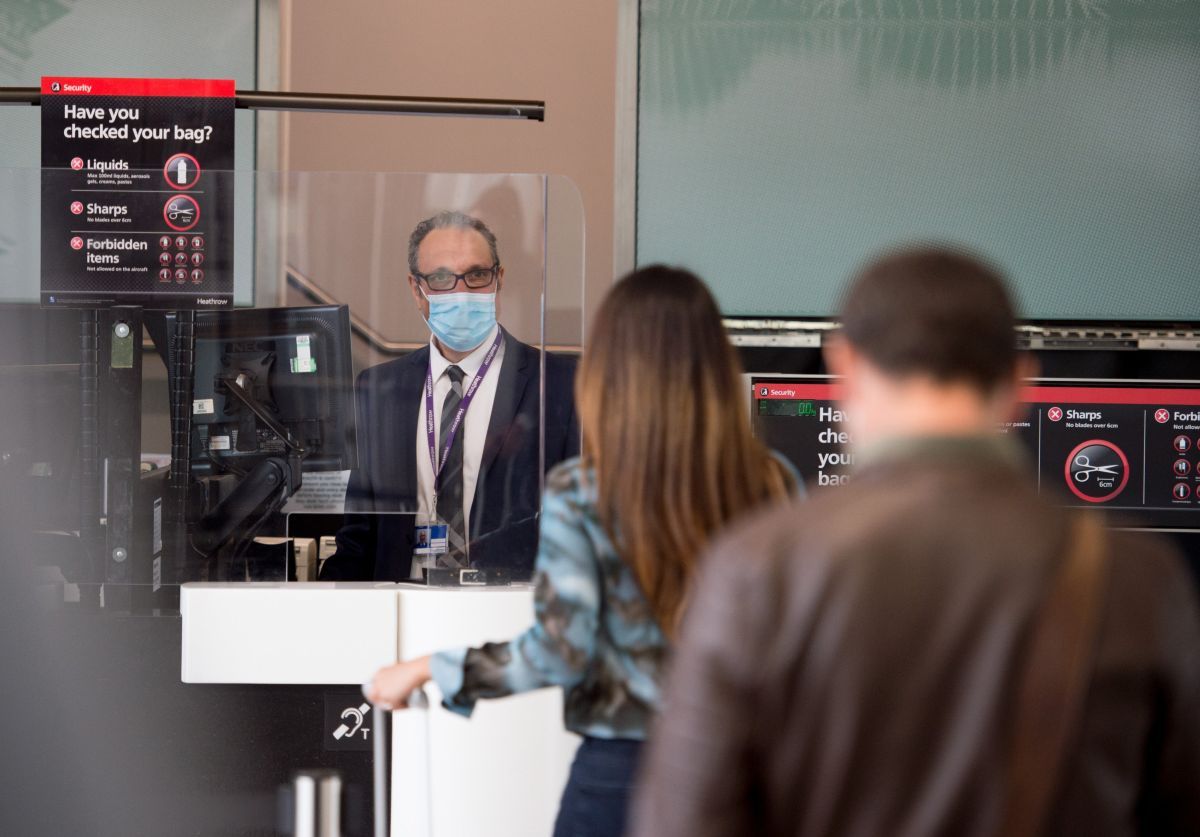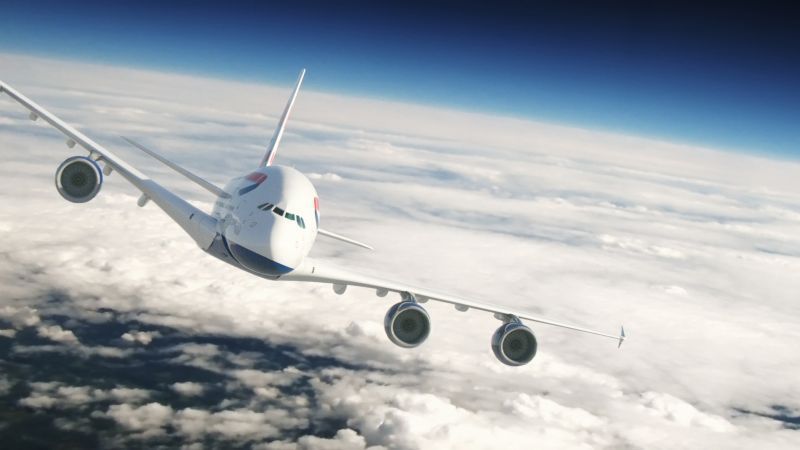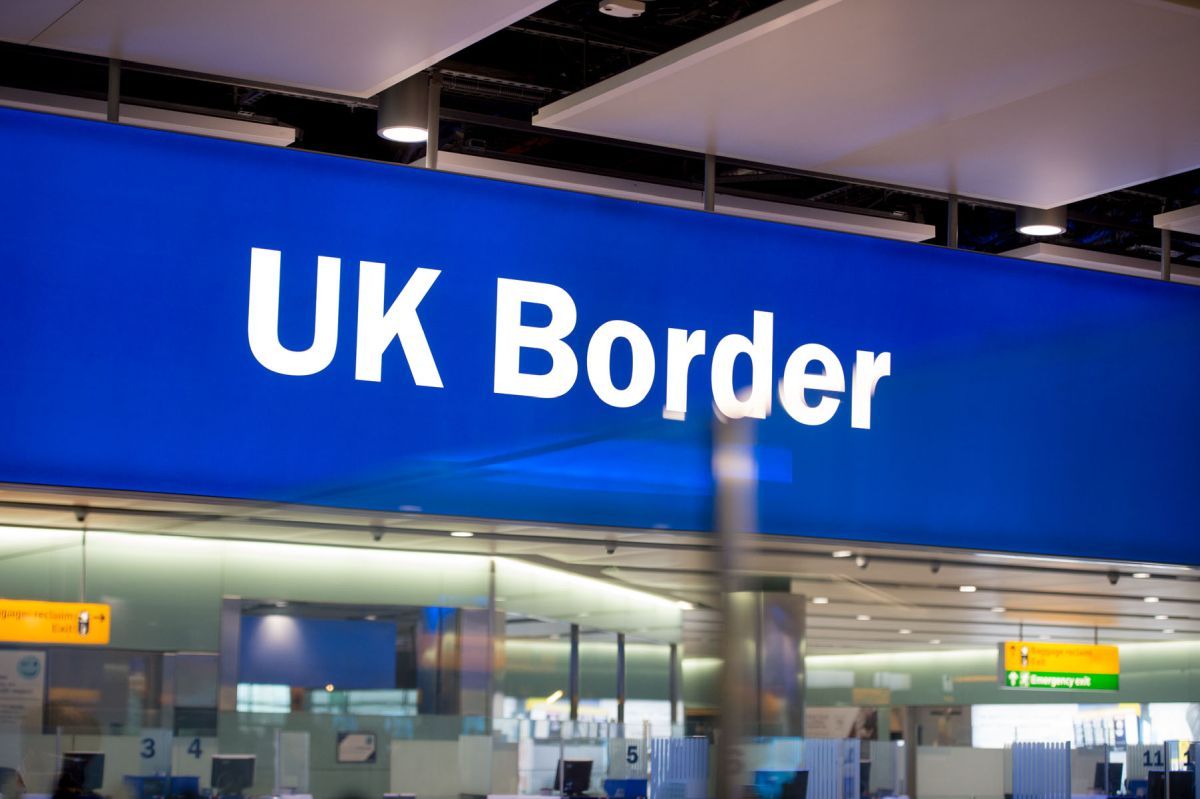Brexit Not to Cause Much Trouble to Passengers Traveling Between UK and EU
The International Air Transport Association (IATA) has compiled important information on the implications of the recently signed Brexit agreement for aviation and travel.
Although the UK’s exit from the European Union (a process known as ‘Brexit’) on January 1, 2021, will have a significant effect on aviation, IATA underlines that the agreement has settled most of the issues and passengers should not notice significant impediment to their travel between the UK and EU after December 31, 2020.
It should be noted that restrictions (such as quarantine measures) concerning the coronavirus (Covid-19) are currently in force for travelers from the UK to EU countries. These measures are not related to Brexit but will affect travel in the short term.
Following is a selection of important information (FAQ) compiled by IATA, regarding the changes the aviation industry will see due to Brexit.
Passengers
The rights of movement are not affected and people will be able to travel between the UK and EU as before Brexit. However, there will be some differences. UK passport holders may need to queue in the non-EU passport lanes, which may mean a longer wait to get through the border (though individual EU states have discretion on this).
Also, a travel visa will not be required unless staying for more than 90 days in any 180 day period in the EU. However, some work occupations may require visas, and professionals will need to check if their qualifications/certifications will still be valid.
Consumer rights
UK departing passengers will no longer be covered by the EU261 regulation. However, the UK has transposed the wording of EU261 into UK legislation so passengers will not see any immediate difference. For passengers departing an EU point to the UK, EU261 will continue to apply. In the longer term some consumer protection provisions may diverge, but the agreement stipulates that “effective and non-discriminatory measures are taken to protect the interests of consumers.”
Airlines
The EU and UK have granted access to each other’s airlines (known as 3rd and 4th ‘Freedoms of the air’) so most people won’t notice any difference.
However, there are some restrictions on UK-registered carriers to operate in Europe, most notably they will not be able to use an EU destination as a point of departure to another destination outside the EU (known as ‘5th freedoms’) although member states have discretion to agree this with the UK for cargo-only flights.
Code-sharing and marketing agreements can continue, except on standalone routes within the UK or EU.
Slots
As with consumer protection, the UK will no longer be bound by the EU slot regulation and will need to develop its own regulation. Under the agreement the allocation of slots at the airports in its territory must be applied in a transparent, effective, non-discriminatory and timely manner. The industry will be pressing the UK to ensure that its new rules are aligned with the Worldwide Slot Guidelines (WSG) which are the global standard for transparent and fair slot regulation, developed by airports, airlines and independent slot regulators.
Security
Security procedures are not expected to change, and the UK and EU have agreed to common standards and cooperation in this area. Passengers and cargo operators are unlikely to notice any changes.
Press here to see all FAQs by IATA on Brexit and air travel.








